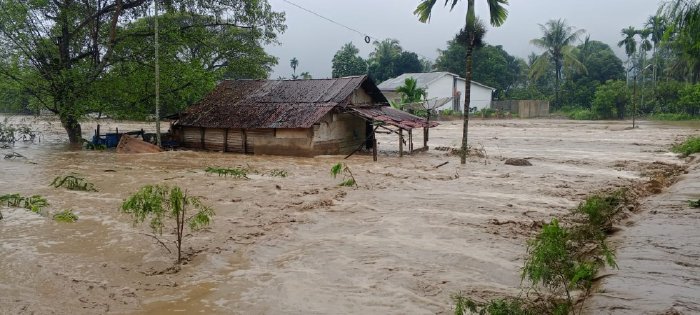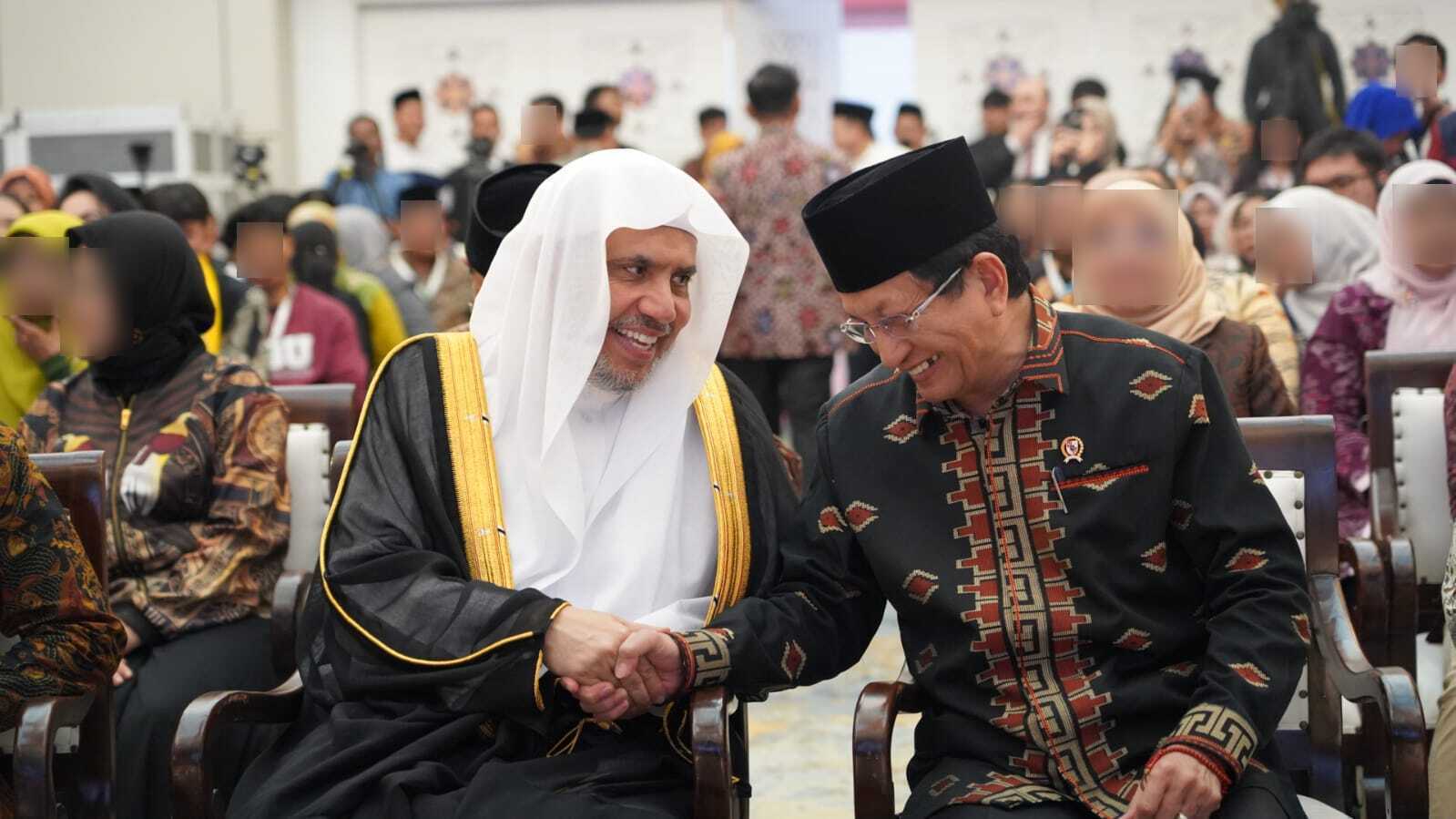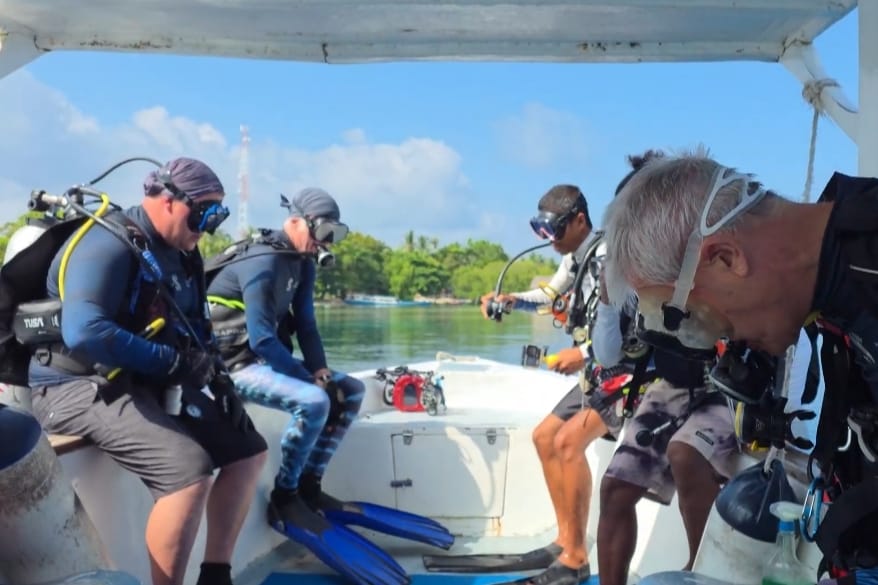Denmark provides Outlook Energy for Indonesia’s provinces

Jakarta (Indonesia Window) – The Danish government has provided energy recommendations to Indonesia in the form of a Regional Energy Outlook report in four provinces, namely South Kalimantan, North Sulawesi, Gorontalo and Riau.
“Denmark has provided support for the development of the Regional Energy General Plan (RUED) for four provinces,” Minister of Energy and Mineral Resources Arifin Tasrif said in a press statement here on Thursday.
According to Arifin, the Danish Government helps analyze the most suitable scenarios for the four provinces on the development of affordable, resilient and environmentally friendly power systems, as well as how to use alternative energy resources, specifically renewable energy in replacing fossil energy.
“Our challenge is to exploit the potential of renewable energy mentioned in the outlook and reduce dependence on fossil energy,” Arifin said.
The partnership between the two countries in the energy sector was welcomed by the Danish Minister of Development Cooperation Rasmus Prehn.
The recommendations given by the Danish Government are expected to create more efficient renewable energy industrial climate in Indonesia.
In addition, this recommendation helps Indonesia realize affordable and reasonable renewable energy price, Rasmus added.
The outlook and recommendations given by Denmark for the four provinces are as follows.
North Sulawesi and Gorontalo Outlook. North Sulawesi has the potential to develop renewable energy, especially hydropower, while Gorontalo has great potential to develop solar energy resources. If these two provinces succeed in developing hydro, solar energy resources and using natural gas to replace coal, then North Sulawesi and Gorontalo can reduce greenhouse gas emissions by approximately 50 percent by 2030.
South Kalimantan Outlook. The province is still dominated by coal energy use, but the combined wind, solar and natural gas cycle energy can be used as an affordable alternative energy to replace coal. If by 2030 the province has succeeded in developing renewable energy by 34 percent for electricity supply, then greenhouse gas emissions could be reduced by 48 percent by 2030.
Riau Outlook. Riau and Sumatra have the potential of renewable energy, especially wind and solar energy resources which are described in the 2019-2028 RUPTL (Electricity Supply Business Plan). Solar energy and biogas resources are considered competitive if they get a good financing scheme. If the renewable energy mix can reach 2/3 of Riau’s electricity supply by 2030 according to the RUPTL, there will be a savings in electricity infrastructure financing of 13 billion rupiah (1 US dollar= 14042,50 rupiah).
Reporting by Indonesia Window

.jpg)








